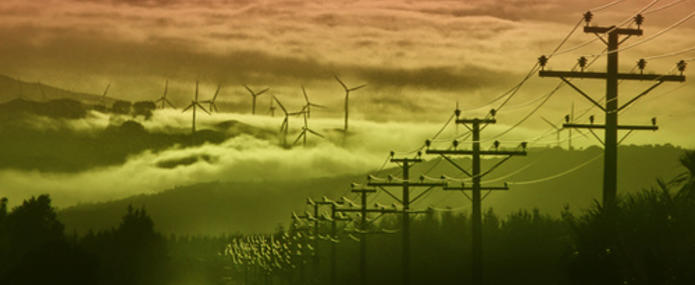Citation
Criqui, P., Waisman, H. (2020). Prospective des transitions énergétiques. Entre modélisation économique et analyse des scénarios stratégiques. Futuribles N°438.
(access via payment or subscription)
Abstract
While many countries are thinking about the answers to be brought to the economic crisis resulting from the Covid-19 pandemic and the question of their articulation with the strategies of fight against climate change, what can be the contribution of energy transitions foresight studies? Continuing the "Energy-Climate" series opened in our columns last March, Patrick Criqui and Henri Waisman offer an analysis of the different foresight tools developed over the last fifty years to inform decisions in terms of energy transition.
After a historical reminder of the evolution of integrated energy-economy-environment modelling, whose golden age is the period 1992-2014, they underline the limits encountered by this type of foresight studies, on an international scale, starting with the Paris Agreements, which encourage the reintroduction of the "political economy" dimension in transition scenarios. Since then, a new approach has been to combine the framing of the global approach of integrated models with national modelling, in order to reconcile the international decarbonization objectives with the socio-economic priorities and context specific to each country. The authors present the associated guiding principles of foresight exercises (based on the experience of the National Debate on Energy Transition in France) and an example of implementation: the Deep Decarbonization Pathways project. Finally, they mention various strategic axes aiming at carbon neutrality - changes in lifestyles being a key point - and the inherent constraints for such measures to be accepted by society. This panorama of the evolution of energy transition prospective will be an essential tool for taking into account long-term requirements in the exit strategies currently being defined.



